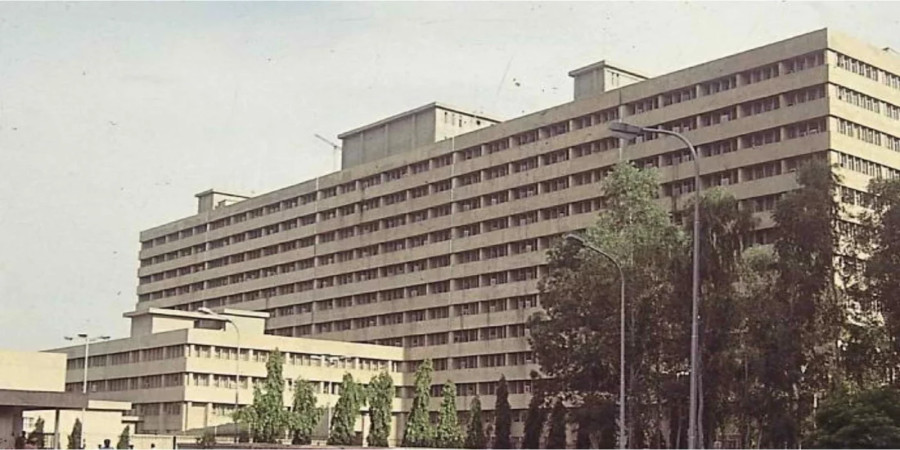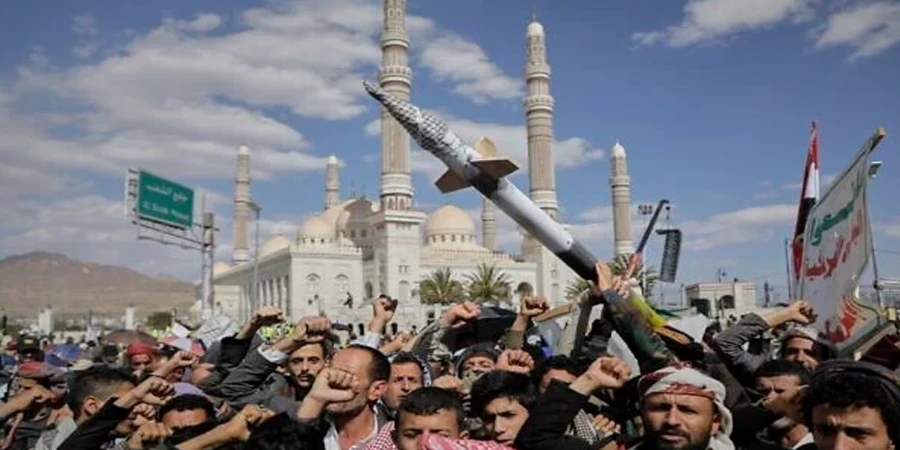
ছবি: Bashar al-Assad and Vladimir Putin
Bashar al-Assad, the ousted president of Syria, has sought refuge in Russia, where he has been granted political asylum. The ex-president, along with his family, is reported to be in Moscow, according to Reuters. However, the Kremlin has refrained from confirming the reports regarding Assad's asylum. Instead, they expressed their surprise at the recent developments in Syria, particularly the rebel groups’ success in establishing control over key areas.
Kremlin spokesperson Dmitry Peskov, while not commenting directly on Assad's location, suggested that if Russia had granted asylum to the former president and his family, it would have been a decision made solely by President Vladimir Putin. "Such decisions cannot be made without the president’s approval," Peskov said. He also noted that there are no plans for any meetings between President Putin and Assad, adding that Russia has previously provided refuge to deposed leaders, including former Ukrainian president Viktor Yanukovych.
Peskov further commented on the unexpected developments in Syria, stating that the situation has "shocked the entire world," and acknowledged Russia’s concerns that it may lead to further instability in the region. Russia has military and naval bases in Syria, which it has used for strategic purposes. In 2015, Russia began military intervention in Syria, supporting Bashar al-Assad’s government against rebel forces. When asked about the future of Russia's military presence in Syria, Peskov remarked that it is too early to make conclusions. He emphasized that discussions would need to be held with those who remain in power in Syria, and assured that Russia is taking necessary measures to stay in contact with all parties involved.
Additionally, Peskov confirmed that Russia is engaging in dialogue with Turkey, which has supported Syrian rebel forces, to manage the situation in the region.
Earlier reports from Russian state news agencies TASS and RIA Novosti had indicated that Assad and his family had arrived in Moscow. This came after a sudden, 12-day campaign by rebel forces, which led to the fall of Assad’s government, ending his two-decade rule in Syria. Assad’s father, Hafez al-Assad, had ruled Syria for nearly 29 years before his death, after which Bashar assumed power. Initially, Bashar pursued reformist policies, but he later adopted an authoritarian approach similar to his father’s. Throughout his rule, he has faced accusations of widespread human rights violations, including the suppression of political opposition.
Following Assad's downfall, the Russian Ministry of Foreign Affairs issued a statement revealing that Assad had agreed to step down from the presidency and leave the country after meetings with the rebel groups. However, the statement did not specify which country Assad had fled to or where he was currently residing.
repoter






